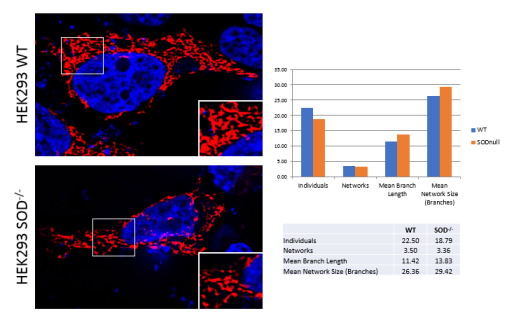Research Overview
Organelle Biogenesis in Health and Disease

A cell is like a big city with many important stations. It has power plants (mitochondria) that produce the energy to support all work, big manufacturing factories (endoplasmic reticulum) that make the cellular building blocks, waste disposal plants (lysosomes) that recycle unused materials, and finally, a central command station (nucleus) that orchestrates all of the cellular processes. In addition to being essential to life, this compartmentalization is crucial in controlling traffic between these different stations (organelles) and how information flows between them. These processes are so fundamental that if they go awry, costly problems arise in the cell, which are often the root of a multitude of diseases. Just imagine the issues that would come about if traffic were jammed for long time and the flow between the plants stopped, or if the new building blocks were delivered to the waste disposal plant instead of reaching the manufacturing factories, or if the power plants did not produce enough energy, or if this energy was not distributed on time.
Our laboratory aims at understanding the changes due to aging and to neurodegenerative diseases in this delicate process so fundamental for life. To this end, we follow a multidisciplinary approach that combines real-time metabolic determinations with biochemical and biophysics techniques to explore the relationships among the structure, stability, and dynamics of the two main cell organelles, the endoplasmic reticulum and the mitochondria, focusing on their compartmentalization and function preservation, their cellular interactions and the traffic of cargoes between them.